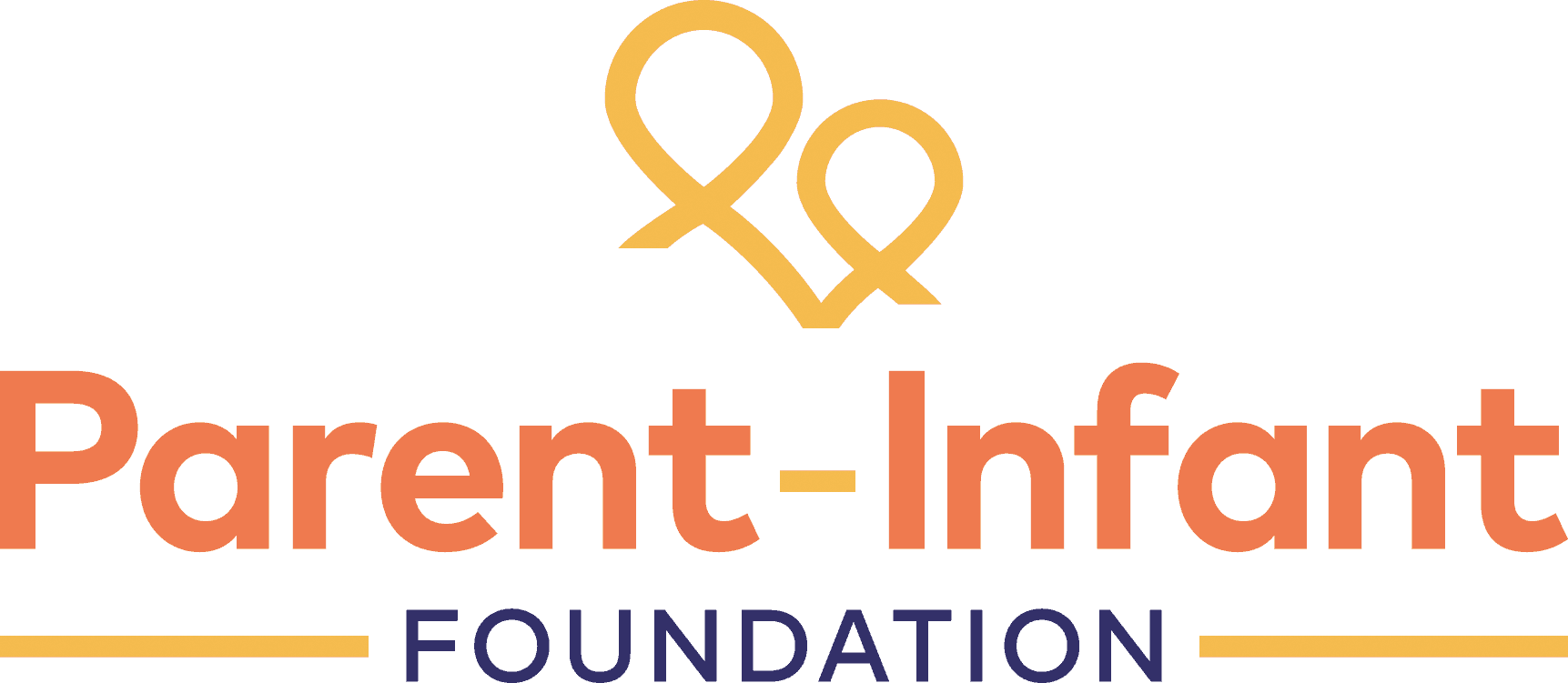Background
As part of our mission to support the growth and quality of specialised parent-infant relationship teams across the UK, we created the UK’s first definition of a specialised parent-infant relationship team in the Rare Jewels research and report.
This work forms the basis of this self-audit tool which outlines a number of descriptors of a team, against which you are asked to assess yourself. You can download a PDF of the key characteristics of a parent-infant team here. Or you can read them below.
Purpose of the tool
The purpose of this process for you as a team is to:
- Assess your own development and maturity as a team against a set of commonly agreed descriptors
- Work towards creating a service development action plan.
You can also use it as a leverage for funding, or in whole system wide discussions.
The definition used helps to ensure a clear distinction between a parent-infant team and other services within early years, who may offer parent-infant relationship work as a secondary function.
It also enables us to speak to national decision makers using clear facts and descriptions of services across the UK.
